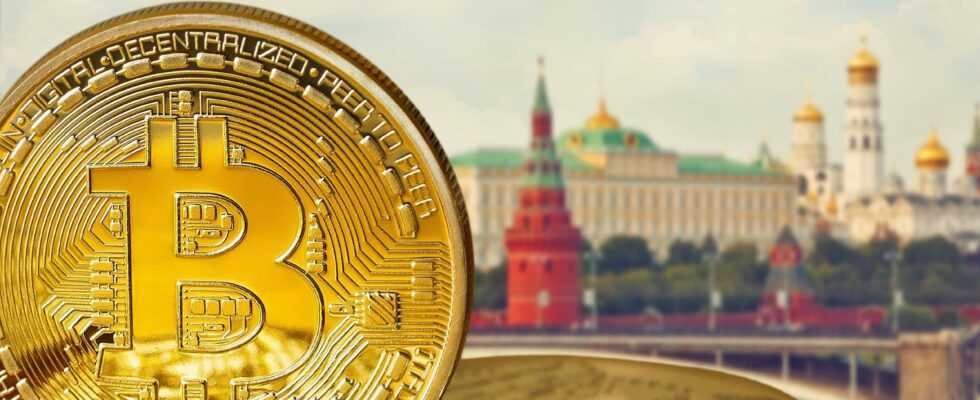First it was quiet when the Bank Rossii Published a document earlier this year in which the central bank called for a ban on cryptocurrencies, including mining. This calm has now turned into protest in Russia – also on the part of politicians. Several representatives of the people publicly criticized the position of the currency guardian and were more in favor of regulations. President Putin also intervened and called for a “timely decision”.
As Reuters reported, the central bank appears to be in a losing position. According to an internal document, other Russian authorities are currently working on a regulatory roadmap – with the approval of Deputy Prime Minister Dmitry Chernyshenko. “The points of the roadmap were fully supported by all authorities except the Central Bank of Russia,” the paper said.
There is also resistance to the central bank from the business community. The Russian Chamber of Commerce is said to have campaigned for a general legalization of mining in the sense of a recognized business activity.
The advantages are apparent
Bank Rossii’s motives remain unclear. In a statement, the central bank has already backtracked somewhat. They do not want to ban the possession of cryptocurrencies, it said. However, the financial institution continues to misjudge the potential that would result from a regulated crypto environment for Russia.
Starting with mining, the country has seen an enormous influx of digital miners since the ban in China. Low energy costs, excess electricity and favorable climatic conditions make Russia currently the third largest mining location in the world. Putin also recently emphasized these “competitive advantages”.
In addition called himself Bloomberg in a report based on figures from an internal Kremlin investigation, according to which Russian investors hold 16.5 trillion rubles (about $190 billion) in crypto assets. That would correspond to around 13 percent of global holdings in Bitcoin and Co.
The fact that Russia is crypto-affine is also proven Data from the payment service provider Triple A, according to which around 12 percent of citizens are invested in cryptocurrencies. For comparison: In Germany in 2021, almost 14.5 percent of the population owned shares, equity funds or ETFs.
Ministry of Finance relies on regulation
Sometimes it is these numbers that prompt the position of the Ministry of Finance of Russia to subject cryptocurrencies to stricter regulation rather than to ban them completely. Inside sources of the Russian daily newspaper Kommersant According to Finance Minister Anton Siluanov, in a letter to Prime Minister Mikhail Mishustin, he lamented the differences between his ministry and the Russian central bank.
In addition, Siluanov explained that regulation of foreign crypto service providers and Russian-based mining companies can be expected to generate annual tax increases of around 180 billion rubles (about 2.1 billion euros). Money that the Russian state can certainly use in view of the economic sanctions in the wake of the Ukraine conflict. In addition, the sword of Damocles of the impending exclusion still hovers SWIFT-Payment network via Russia, although the US and Europe are yet to pull that register.
From all these points of view, a ban on Bitcoin and Co. is becoming ever more distant. The camp crying out for regulation in Russia is growing, while Bank Rossii is left alone with its desire for a ban. While the crypto showdown is not over yet, the Russian central bank is slowly teetering towards the ropes.
Sorare: collect digital football cards on the blockchain
Collect limited edition digital soccer cards, manage your team and earn top prizes.
